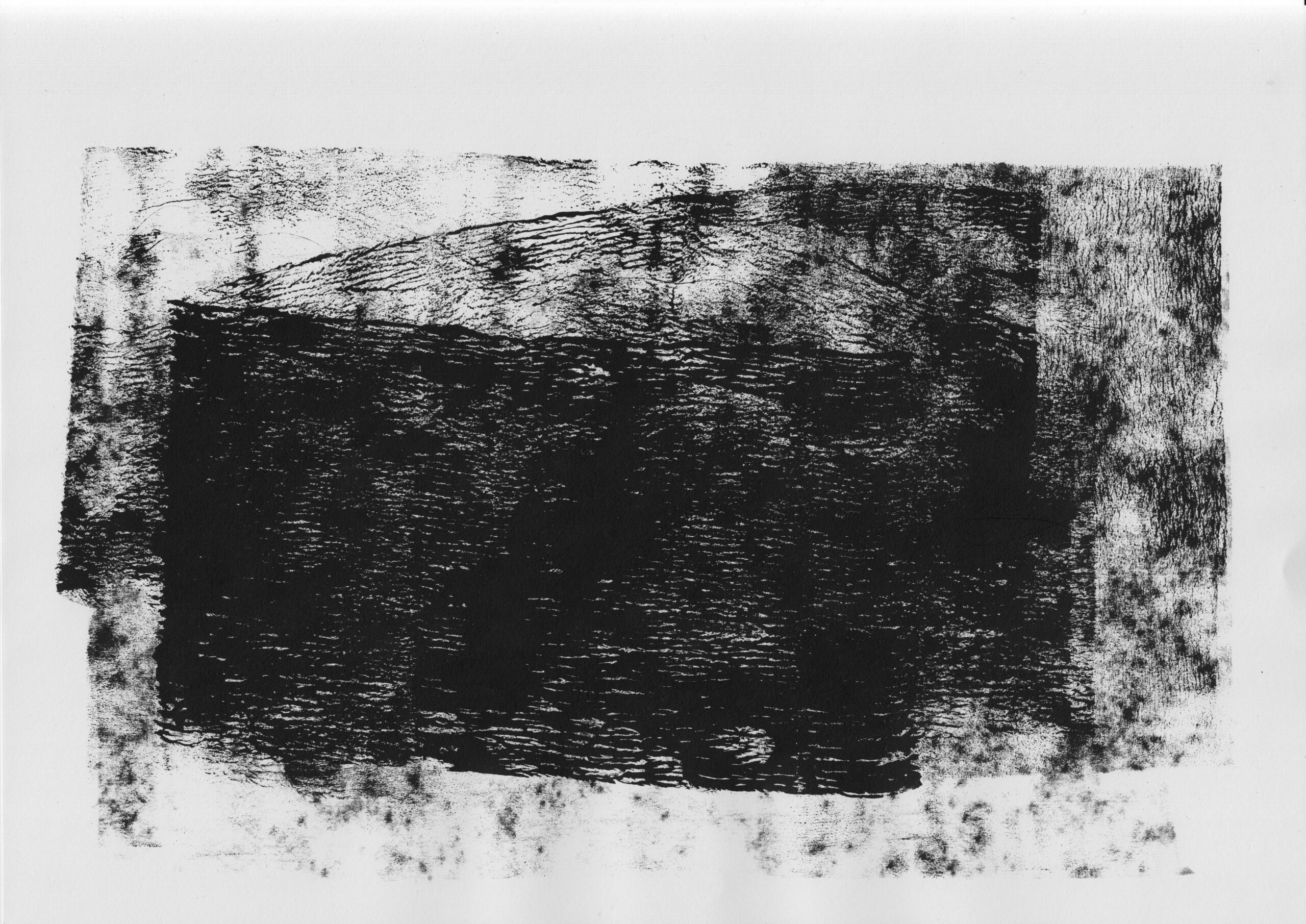Author: Giorgos Myrianthous
-

Building idempotent and re-playable data pipelines
10 min read -

Stop using strings to represent paths and use pathlib instead
5 min read -

Containerising and running dbt projects with Artifact Registry, Cloud Composer, GitHub Actions and dbt-airflow
13 min read -

A deep dive into the various SCD types and how they can be implemented in…
16 min read -

Four Apache Airflow internals you might have missed
6 min read -

The way you retrieve variables from Airflow can impact the performance of your DAGs
12 min read -

Using Airflow sensors to control the execution of DAGs on a different schedule
13 min read -

ETL (Extract-Transform-Load) and ELT (Extract-Load-Transform) are two terms commonly used in the realm of Data…
8 min read -

Who is an Analytics Engineer and what are they supposed to do
6 min read